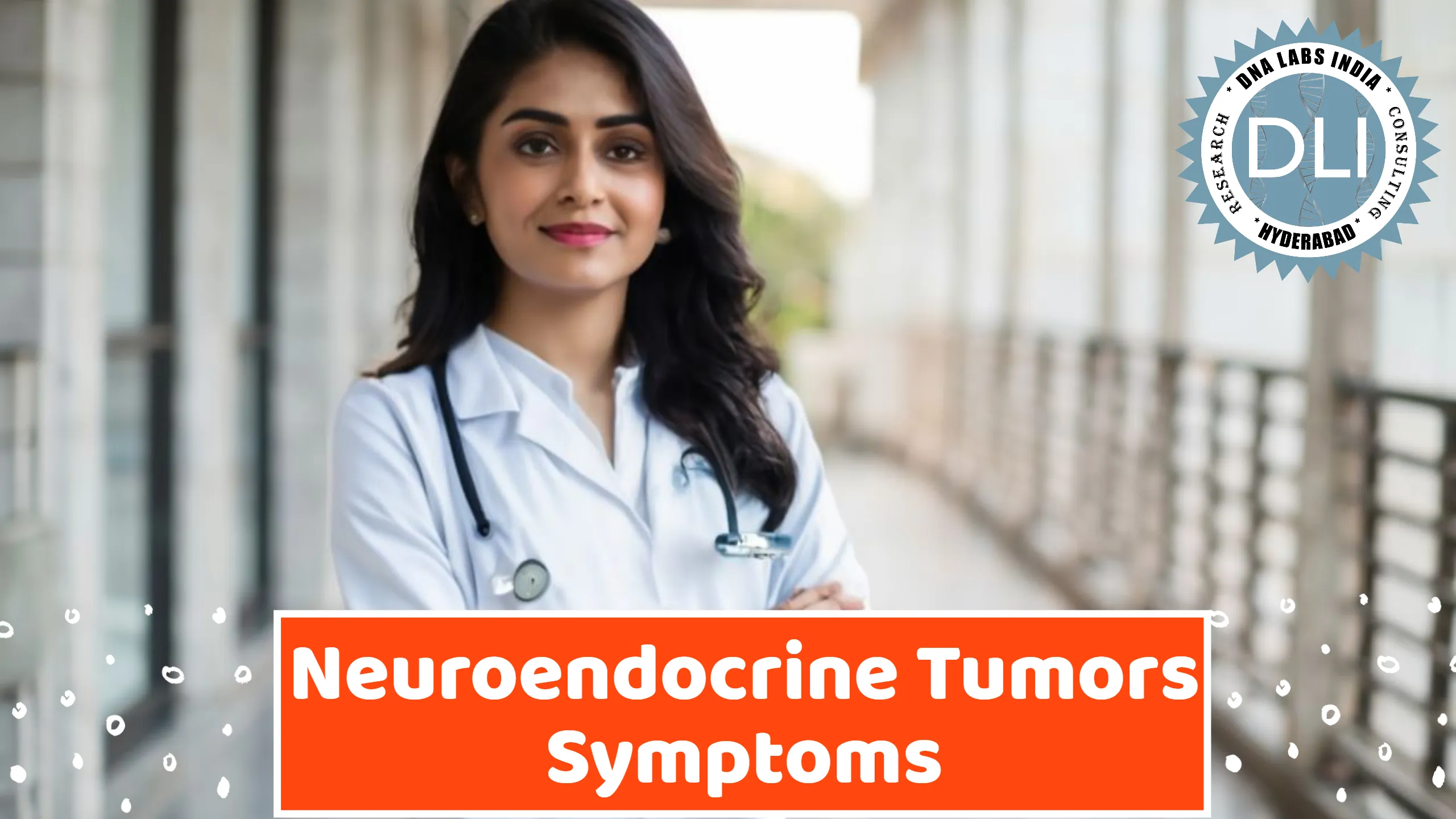Stay Informed: Recognizing Symptoms of Neuroendocrine Tumors in India
Neuroendocrine tumors (NETs) can be a significant health concern, but with early detection, treatment outcomes can be highly positive in India. This article aims to provide you with the necessary information to spot signs of NETs, encouraging proactive management of your health.
Understanding Neuroendocrine Cells:
Your body contains neuroendocrine cells that integrate the nervous and hormonal systems, located throughout various organs. These cells can sometimes mutate into tumors known as neuroendocrine tumors. NETs are most commonly found in:
- Gastrointestinal tract (including the stomach and intestines)
- Lungs
- Pancreas
The Critical Role of Early Detection:
Symptoms of NETs are typically subtle in the initial stages, making early detection essential. Recognizing symptoms early can lead to more effective treatments such as surgery and medication, significantly improving the chances of successful outcomes.
Symptoms Not to Ignore:
Stay vigilant for these symptoms, particularly if they persist for more than two weeks:
Symptoms by Tumor Location:
- Gastrointestinal NETs:
- Abdominal pain or cramping
- Diarrhea
- Rectal bleeding (if located in the rectum)
- Bronchopulmonary NETs (in the lungs):
- Chest pain
- Coughing up blood
- Wheezing or shortness of breath
Symptoms of Carcinoid Syndrome (may not affect everyone with a NET):
- Skin Flushing: A warm, red flush across the face, neck, and upper chest, often triggered by stress, eating, or alcohol.
- Diarrhea: Persistent watery stools.
- Wheezing: Breathing difficulties due to narrowed airways.
- Rapid Heartbeat: Noticeable palpitations.
- Facial Swelling or Skin Thickening: These are less common but possible signs.
- Unexplained Weight Loss: Also a rare but serious symptom.
If you observe any of these indicators, it is crucial to consult with a healthcare provider, such as a gastroenterologist for GI symptoms or a pulmonologist for lung-related symptoms. Early detection is pivotal in effectively managing NETs.
Proactive Health Management:
While some risk factors, like genetics, are out of your control, you can take measures to improve your overall health:
- Healthy Lifestyle: Engage in regular exercise, maintain a balanced diet, and manage stress effectively.
- Quit Smoking: Particularly important for preventing lung-related NETs, stopping smoking can drastically reduce your risk.
- Regular Health Checkups: Keep up with scheduled medical visits, particularly if there’s a history of NETs or related issues in your family.
Conclusion:
Armed with knowledge and an understanding of the symptoms of neuroendocrine tumors, you can play a crucial role in early detection and effective management of NETs. Should you experience any concerning symptoms, promptly seeking medical advice is essential. Early intervention is key to ensuring a successful treatment and a healthier future.



